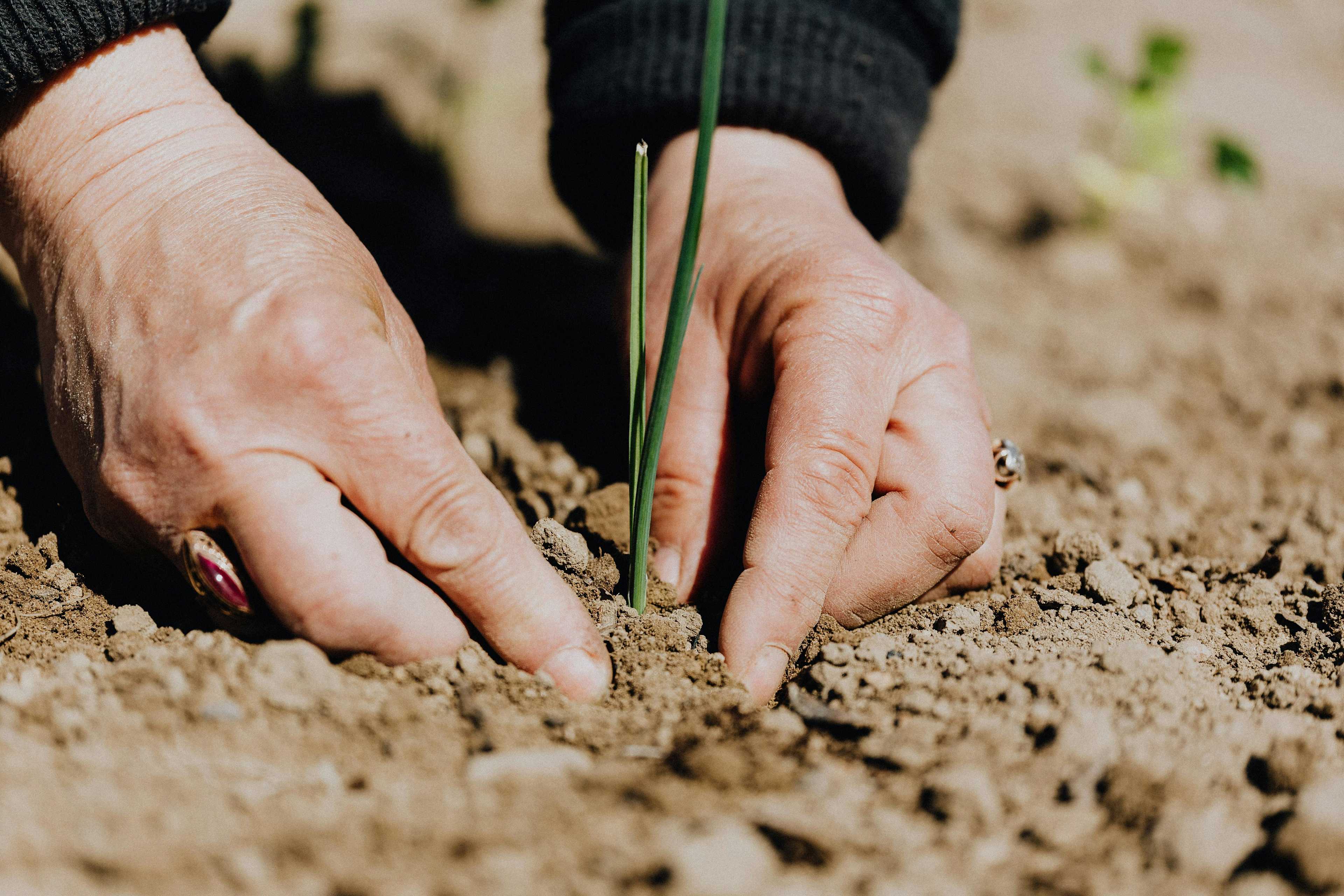






Full-time Christians, Part-time Students
Do I ever struggle with FOMO because I feel there’s better opportunities I should be pursuing with my limited time?
|
4 分钟阅读



How Do I Pray For The Holy Spirit?
Seeking for the Holy Spirit through our obedience, thirst, and persistence.
|
12 分钟阅读



The Concept of Time
As students, we may feel like we barely have enough time for ourselves, and do not understand it when older people say that it is the best period for us to start to serve God actively.
|
2 分钟阅读